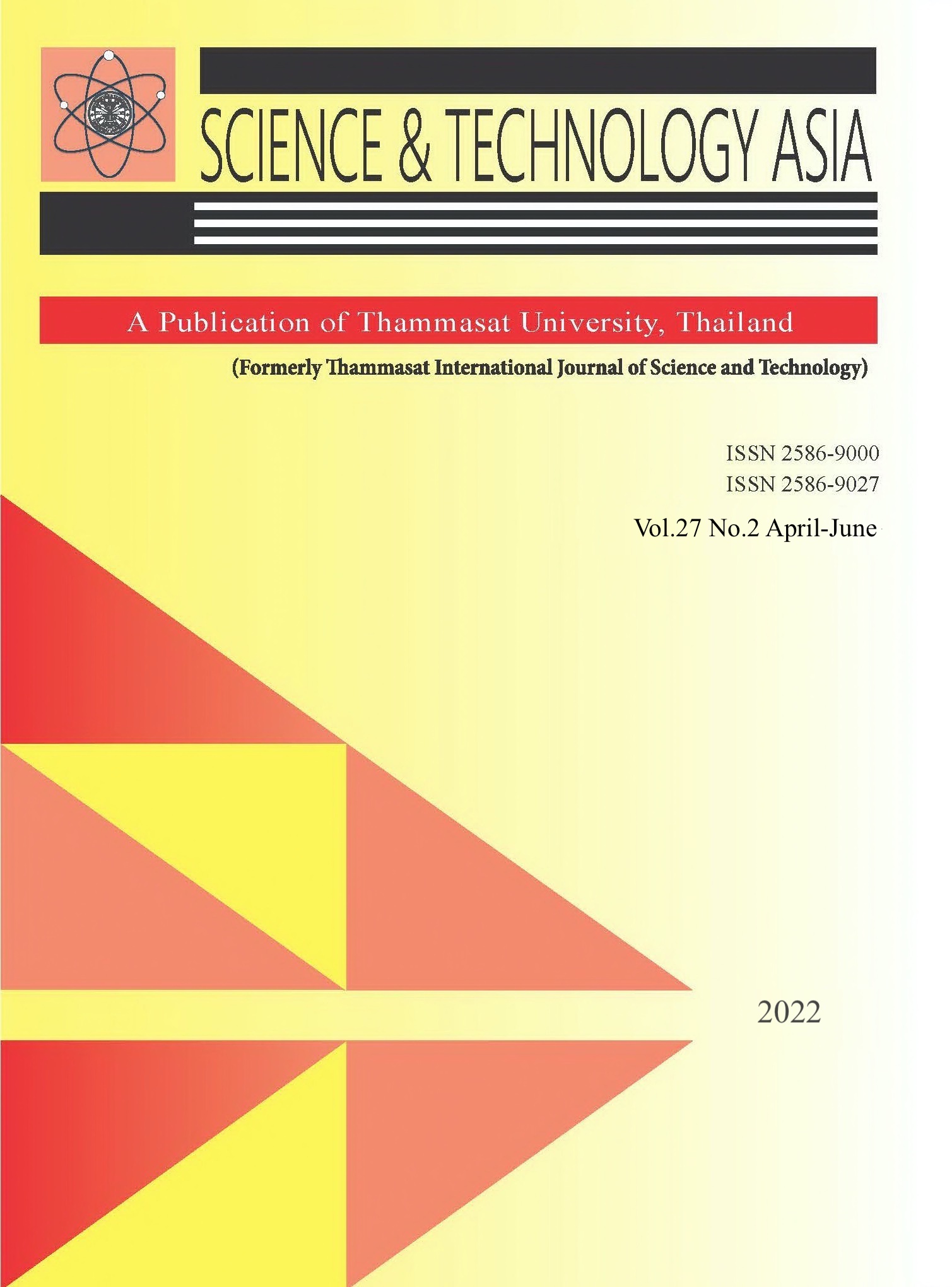Effects of Heat-Killed Lactobacillus plantarum L-137 on Growth Performance, Feed Utilization, Immune Response, and Survival Rate in Red Tilapia (Oreochromis sp.)
Main Article Content
Abstract
This study aimed to evaluate the effects of heat- killed Lactobacillus plantarum L- 137 (HK L-137) on growth, feed utilization, immune response, and survival rate of cage- cultured red tilapia (Oreochromis sp.). The cages were located in Dong Thap (DT), Vinh Long (VL), and An Giang (AG) provinces (Vietnam) . The formulated diets contained iso- nitrogenous (30.5% crude protein) and iso-lipid (5.2% lipid) compounds and were supplemented with HK L-137 at either 0 (control) or 4 mg/kg. Results indicated HK L-137 had positive effects on the weight gain, final weight, protein efficiency ratio, feed conversion ratio, survival rates, and yield of the fish as compared to the control. The red blood cell count was significantly higher in fish fed with HK L-137 than those in the control group in DT (HK L-137: 2.67 cells/mm3vs. control: 2.28 cells/mm3) and AG (HK L-137: 2.83 cells/mm3vs. control: 2.47 cells/mm3) at 4 months (P<0.05) . The white blood cell count was significantly increased in fish fed with HK L- 137 cultured in three locations at 2 and 4 months as compared to the control (P<0.05). The lysozyme activity of the fish fed HK L- 137 was significantly higher than those fed a control diet in three locations at 2 and 4 months of feeding (P<0.05) . Taken together, the results of this study demonstrated the role of HK L- 137 in improving growth performance, feed utilization, and immune response of red tilapia.
Article Details

This work is licensed under a Creative Commons Attribution-NonCommercial-NoDerivatives 4.0 International License.


